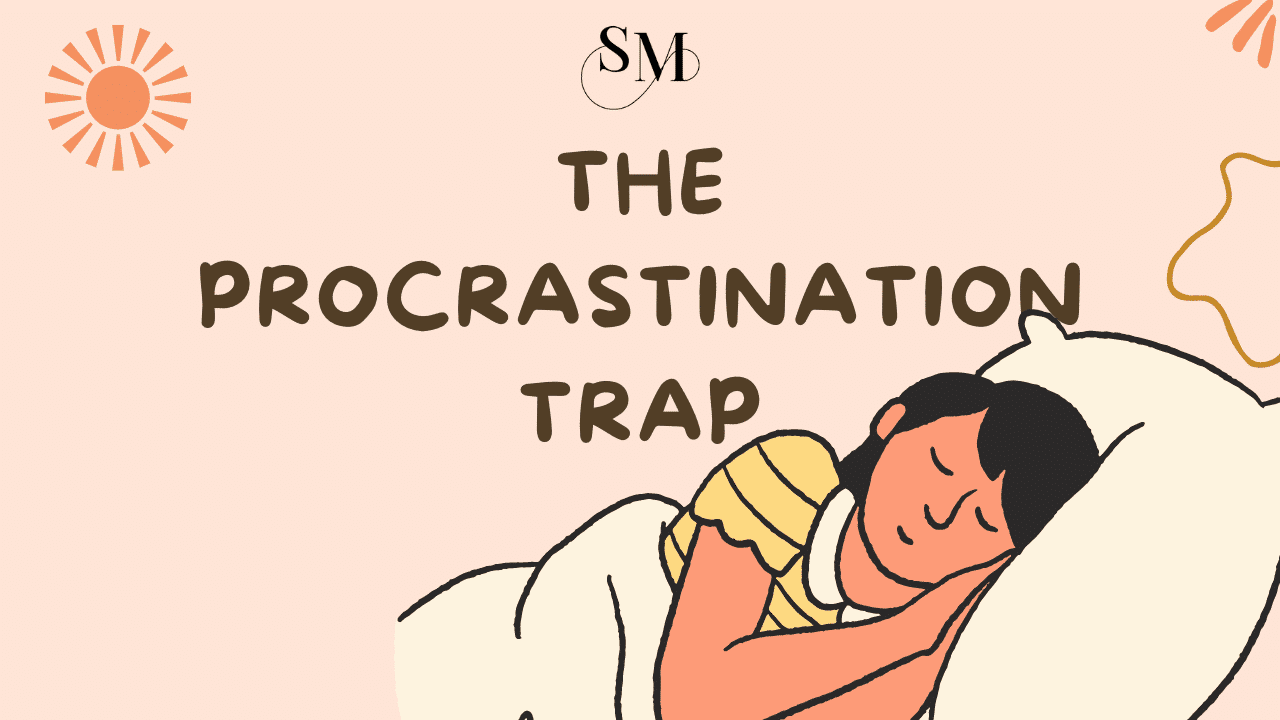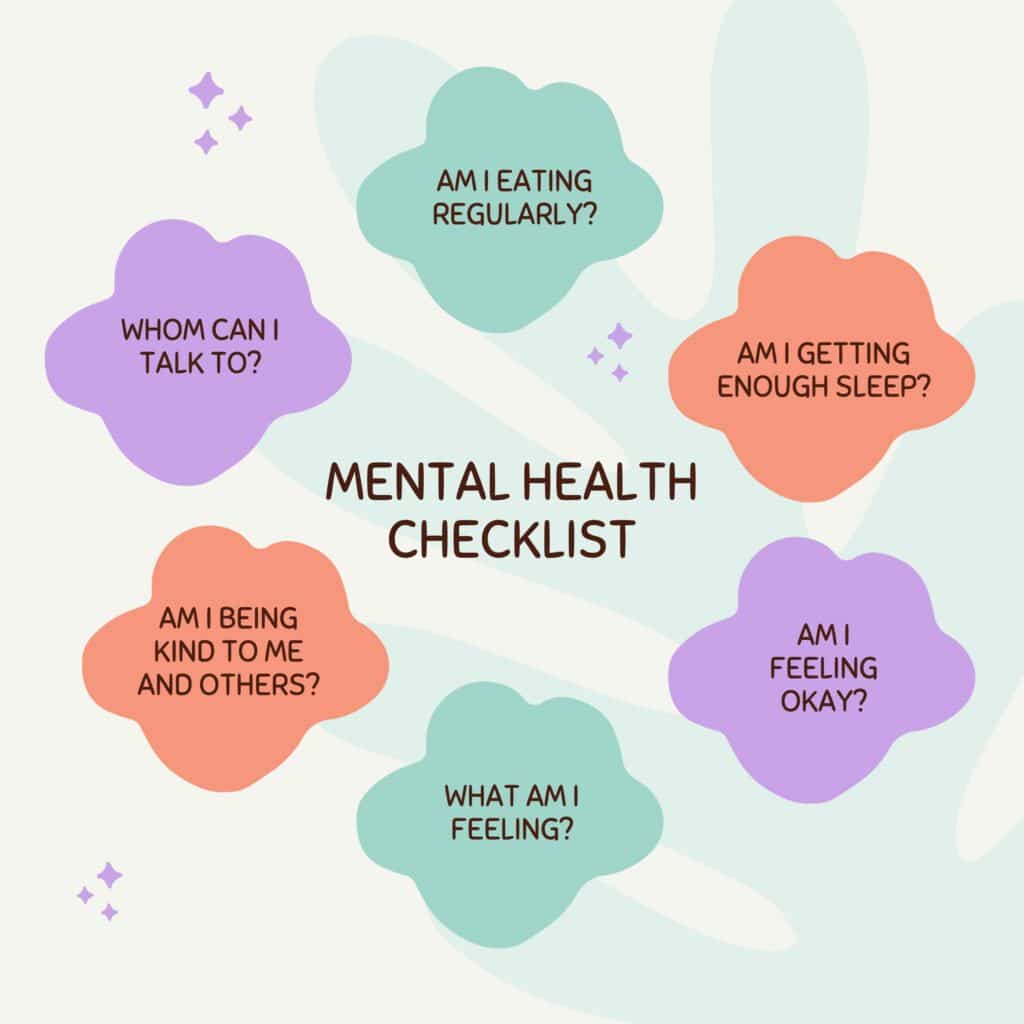The Procrastination Trap

Share This Story
Have you ever put off that one nerve-wracking assignment for the very last day? Or have you experienced working on an assignment for an entire week, still not being satisfied with it and making changes till the deadline even though you could have submitted it early? Welcome to the procrastination club! If you answered yes to any of those questions, you, like most of us, have been acquainted with the guilty pleasure that procrastination is. Academically, researchers have defined procrastination as a “form of self-regulation failure characterized by the irrational delay of tasks despite potentially negative consequences.”[1]
Not all of us can be termed procrastinators though. That term is reserved for those people who procrastinate so much that it has become part of their lifestyle, often called chronic procrastination. It is when procrastination runs in all aspects of our life, such as work, fitness, and social engagements, for a long period of time that it starts being harmful. Such long-term procrastination negatively impacts mental, social and professional well-being. Socially, procrastination can elicit resentment from friends, family and colleagues and even place added burden on the maintenance of social relationships.[2]
Another peculiar category of procrastinators is the active procrastinators category. Active procrastinators deliberately push their work closer to the deadline since they feel challenged to work under limited time and they believe it gives them better results. Passive procrastinators, on the other hand, delay the task at hand because they are indecisive about their actions and hence fail to complete tasks on time.
As we have seen above, people have different reasons or causes that ignite the fire of their procrastination. However, let us explore some common, prevalent, and overarching reasons that may be causing you to procrastinate.
Would you consider yourself a perfectionist or someone who has higher-than-average standards when it comes to assignments, presentations, etc.? If yes, then there it is! – the fuel burning your procrastination. Many people hold their work quality to an abnormally high standard and are mostly never satisfied with it. They feel the need to keep making minor improvements till the last moment. Whereas, that same project could have been submitted earlier and they would have fared equally well on it. The few vocabulary and grammatical changes would probably not have set them apart.
Isn’t it so much easier to watch your favourite sitcom instead of completing the reading required for class the next day? Most of us have been in such a position where we must have delayed a task because we have an appealing option next to us that requires much less or almost zero effort from our end. This is known as the present- bias phenomenon wherein we are motivated by immediate gratification or pleasure (watching a sitcom) rather than by long-term rewards (being prepared for the next day’s class).
So, is procrastination solely based on our habits and desires? Not at all! Sometimes, we may procrastinate on a task just because we physically cannot bring ourselves to do it. Our energy levels are so low that our body does not allow us to complete that task. A few reasons behind the low energy can be inadequate sleep, unhealthy food habits, and inadequate water intake. Low energy could also be caused by Vitamin B12 deficiency or depression, which can be accurately identified through tests and visits to a mental health practitioner respectively.
Throughout this read, you must have come across terms such as assignments and classes, as if these words are almost glued to procrastination. Researchers have found that procrastination is most prevalent among students and academic professionals. Academic procrastination can be caused by inaccurate estimations of how long the assignment would take or an inaccurate idea of the deadline. Many students often delay their work by claiming that there is a lot of time left, only to realize that they have been making that statement for over two weeks now and have it due the next day!
In order to conquer procrastination, we need to first understand its roots. Procrastination often stems from a combination of factors, including fear of failure, perfectionism, lack of motivation, unhealthy lifestyle etc. Recognizing these underlying causes can help us develop tailored strategies to address them effectively. Understanding that procrastination is a habit that can be changed empowers us to take control of our actions and make positive changes in our approach to work.
In conclusion, escaping the procrastination trap is not an easy feat, but it is entirely possible with the right mindset and strategies. Recognizing the patterns and underlying causes of procrastination is the first step towards breaking free from its grip. It’s also important to remember that we are all human, and occasional bouts of procrastination are natural. Rather than beating ourselves up over a momentary setback, we should practice self-compassion and view it as an opportunity for growth.
So, let’s make a commitment today to challenge our procrastination tendencies and step into a world of increased productivity and fulfilment. Remember, the choice is ours. We have the power to break free from the procrastination trap and create a future filled with success and fulfilment. Start today, take that first step, and watch as your productivity soars and dreams become a reality.
You can also read our blog “Conquer Procrastination: Proven Strategies and Techniques to Boost Productivity”.
References



